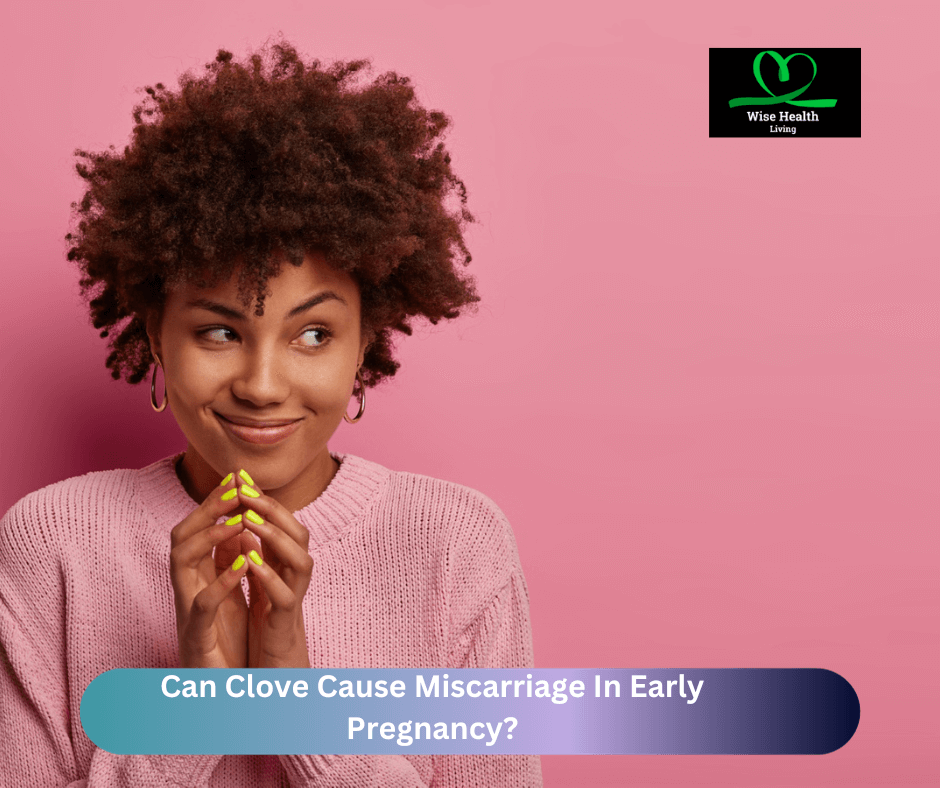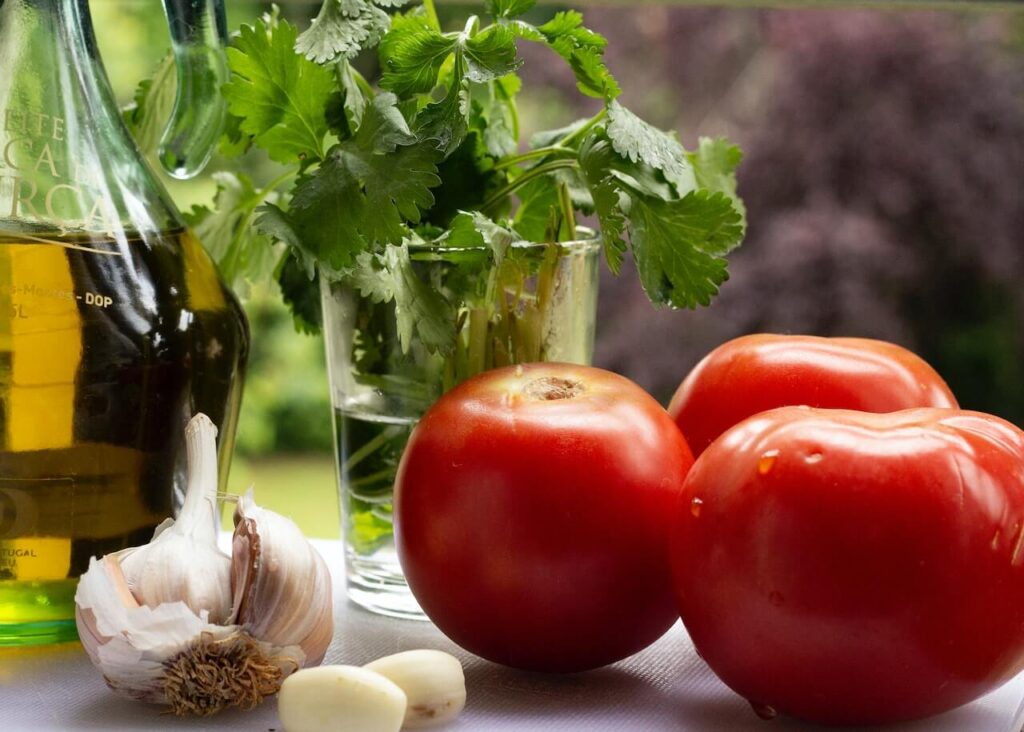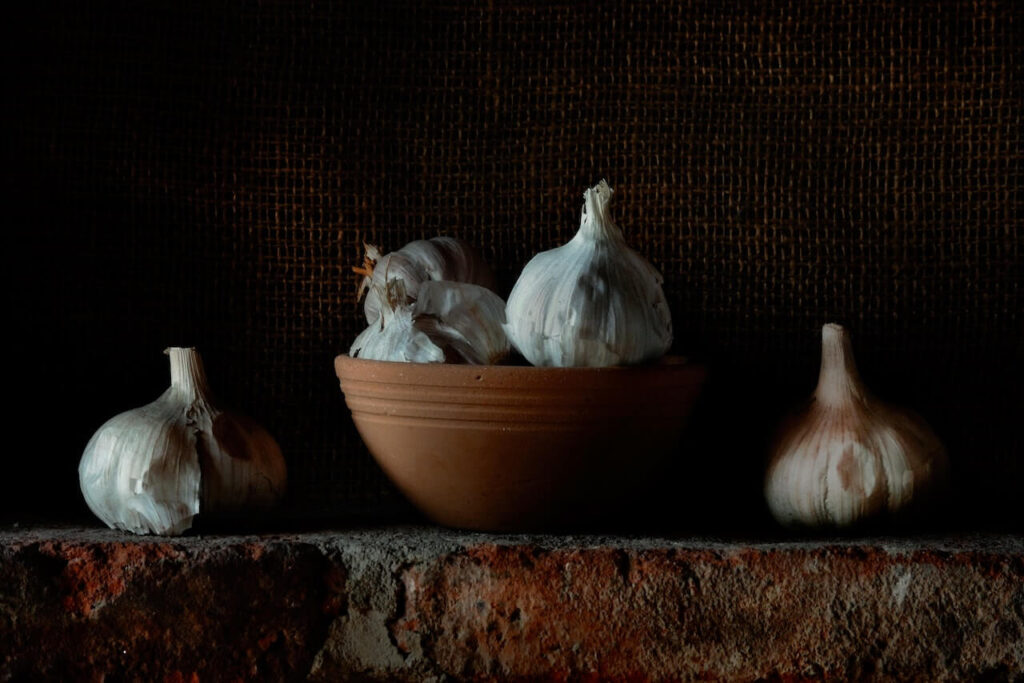Women are always careful of their lifestyle choices when they are pregnant. They do not want to eat, drink or do anything that would affect the health 9f their growing baby. One of the questions they ask to this effect is: “Can clove cause miscarriage in early pregnancy?”
Before we answer that question, let us first find out what cloves are.
What Are Cloves?
Cloves, derived from the aromatic flower buds of the Myrtaceae species Syzygium aromaticum, are widely recognized for their role in the popular local beverage Zobo. Originating from the Indonesian Maluku Islands, cloves serve as a versatile spice, flavouring, and fragrance in various consumer products, including toothpaste, soaps, and cosmetics.
Due to different harvest seasons across countries, cloves are consistently accessible. The distinctive clove flavour, shaped by the chemical eugenol, requires only a small quantity. Complementing well with peppercorns, basil, onions, citrus peel, star anise, vanilla, cinnamon, and red wine, cloves are a flavorful addition to many dishes.
What Are The Nutrients Found In Cloves?
In terms of nutrients, cloves have been acknowledged for their positive impact on sexual health in Ayurvedic and Chinese medicine. They contain essential minerals such as Vitamin C, vitamin E, vitamin K, zinc, manganese, potassium, magnesium, and calcium, contributing to a libido boost. Cloves also harbour a variety of beneficial components, including phenolic compounds like hydroxyphenyl propels and hidroxicinamic acid, eugenol, phenolic acids (ellagic, salicylic, caffeic ferulic), flavonoids such as quercetin and kaempferol, and hydroxybenzoic acid.
Factors To Consider Before Using Cloves
Before using cloves, it’s crucial to consider the following factors:
a. Allergies and Sensitivities
Conduct an allergy or sensitivity test before consuming cloves.
b. Drug Interactions
Be aware that compounds in cloves may interact with drugs, necessitating consultation with a healthcare practitioner if you’re on medications.
c. Blood Sugar Issues
Cloves contain substances that can impact blood sugar levels, so exercise caution to avoid potential health issues.
d. Diabetes and Liver Conditions
Individuals with diabetes or liver conditions should take precautions before incorporating cloves into their routine. Pregnant or nursing women should also be cautious due to a lack of human studies on this matter.
e. Bleeding Disorders
Those with blood issues or bleeding problems should steer clear of clove oil, as its component eugenol may inhibit blood coagulation.
While cloves have their merits, moderation is key. Excessive consumption, especially of clove oil, can lead to severe side effects like seizures, liver damage, and fluid imbalances. Always prioritize your health by being mindful of potential risks and consulting with a healthcare professional, ensuring a safe and enjoyable experience with cloves.
Now that we have found out all we can about cloves and their benefits and risks, let us now focus on the question at hand which is…
Interesting Read: What Are The Benefits Of Banana To Manhood?
Can Clove Cause Miscarriage In Early Pregnancy?
The answer to the question, can clove cause miscarriage in early pregnancy, is a solid “YES”. But there is more to it than meets the eye as findings have shown that cloves oil has the potential to cause miscarriages in pregnant women.
Clove oil poses a potential risk of miscarriage in early pregnancy due to its eugenol content, known for its uterotonic effects, which can stimulate contractions of the uterus, possibly leading to premature labour or miscarriage. It’s crucial to emphasize that there’s no scientific evidence supporting the idea that moderate consumption of cloves in food can cause a miscarriage during early pregnancy.
Historically, cloves have been utilized in traditional medicine for centuries to address various conditions, including common pregnancy symptoms like nausea, vomiting, and diarrhoea. Despite this, caution is advised for pregnant individuals. While moderate consumption of cloves in food is generally considered safe, it is advisable for pregnant individuals to avoid using clove oil or consuming large quantities of cloves.
Other Risks of Consuming Cloves During Pregnancy
There are other risks consuming cloves causes during pregnancy, they include:
1. Uterine Contractions
The eugenol in cloves is known for its uterotonic effects, which can stimulate uterine contractions. Consuming large quantities of cloves could potentially lead to premature labour or miscarriage, making it important for pregnant women to exercise caution.
2. Liver Damage
High doses of clove oil have been associated with liver damage. Pregnant women should avoid excessive consumption of clove oil to mitigate the risk of potential harm to the liver.
3. Bleeding Disorders
Clove oil has the potential to slow blood clotting, increasing the risk of bleeding during pregnancy or childbirth. This underscores the importance of moderation to avoid complications related to blood clotting disorders.
4. Allergies
Allergic reactions to cloves are possible and can manifest as skin rash, hives, swelling, and difficulty breathing. While allergies are generally individualized, pregnant women should be aware of the potential for allergic reactions and seek medical attention if such symptoms arise.
Tips for Safely Consuming Cloves During Pregnancy
Since many can’t help but infuse cloves into their diet, here are a few ways to safely consume cloves during pregnancy.
1. Moderation is Key
Avoid consuming cloves in large quantities. The key is moderation when incorporating cloves into your diet during pregnancy.
2. Avoid Clove Oil
Steer clear of using clove oil, especially in high doses, to minimize the risk of potential liver damage and other complications.
3. Be Allergy-Aware
Be mindful of potential allergic reactions to cloves. If you have a history of allergies or experience unusual symptoms, consult your doctor promptly.
4. Consult Your Doctor
Always consult your doctor before incorporating herbs or spices, including cloves, into your diet during pregnancy. This is especially important if you have underlying health conditions that may interact with the consumption of cloves.
5. Monitor for Unusual Symptoms
Pay attention to your body, and if you experience any unusual symptoms such as uterine contractions, bleeding, or allergic reactions after consuming cloves, contact your doctor promptly for guidance and evaluation.
Ensuring a safe pregnancy involves informed decision-making, moderation, and open communication with healthcare professionals. When in doubt, consulting your doctor provides personalized guidance based on your health status and individual circumstances.
Read Also: Guava Leaves And Fertility – Features, Benefits, & Downsides
Optimal Clove Consumption For Pregnant Women
The optimal clove consumption for pregnant women is not yet known. There is limited scientific research on the safety of cloves during pregnancy, and the findings of the existing studies are inconclusive.
Some studies have shown that consuming cloves in large quantities can cause uterine contractions and increase the risk of miscarriage. Other studies have found that moderate consumption of cloves is safe for pregnant women and may even offer some health benefits.
However, more research is needed to determine the optimal clove consumption for pregnant women. In the meantime, it is best to err on the side of caution and limit your intake of cloves.
Here are some examples of moderate clove consumption:
- Adding a small amount of ground cloves to your food.
- Using a clove-scented candle or diffuser.
If you experience any unusual symptoms after consuming cloves, such as uterine contractions, bleeding, or allergic reactions, be sure to contact your doctor immediately.
.
What Are The General Health Benefits Of Cloves?
The general health benefits of cloves for everyone either male or female or pregnant or not include the following:
1. Menstrual Health
Clove essential oil, utilized in aromatherapy, can alleviate menstrual irregularities and ease discomfort and cramps. Some women use clove water to assist in clearing old blood from the womb.
2. Pain Relief
Clove essential oil acts as an analgesic, offering relief for dental crises and various diseases. It may soothe toothaches and inhibit the growth of bacteria associated with unsuccessful root canal procedures.
3. Digestive Aid
Combining cloves with milk promotes better digestion and faecal transit. This combination, rich in fibre, supports the digestive system’s cleansing ability, aiding in the elimination of waste and reducing gas and bloating.
4. Inflammation Reduction
Cloves, with their anti-inflammatory properties, alleviate discomfort from inflammation, particularly in the stomach and other organs. They reduce tonsil enlargement, easing breathing and eating by lessening pulmonary irritation and tonsil-related issues.
5. Blood Pressure Balance
Cloves contribute to balancing blood pressure by reducing bad cholesterol that clogs arteries, thereby lowering pressure on the heart. This aids in lessening circulatory strain, akin to how tension can increase it.
In Conclusion
Now that we have seen the answer to the question, “Can clove cause miscarriage in early pregnancy?” We can understand that the eugenol compound found in cloves, especially clove oils is majorly responsible for this issue.
Moderate use of cloves in food is generally considered safe during pregnancy but if you feel different or have any allergies, it is best to stay clear of cloves altogether.
When in doubt, consulting your doctor provides personalized guidance based on your health status and individual circumstances. Stay safe as you go through your pregnancy, we wish you the best.



